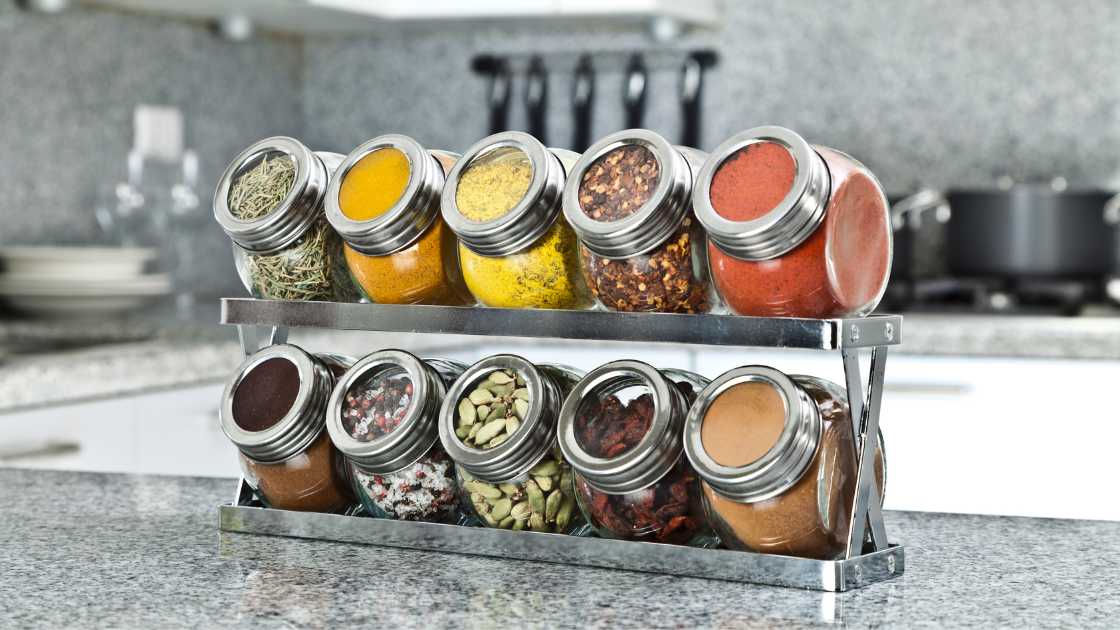
Are You Being Slowly Poisoned by Your Spice Rack? A Comprehensive Guide
Spices are a key component of any flavorful dish, adding depth and complexity to our meals. However, what many people don’t realize is that some spices may contain harmful contaminants that can slowly poison us over time. In this comprehensive guide, we’ll explore the potential risks associated with common spices and provide tips on how to minimize your exposure to toxins.
What are the potential risks?
Contaminants such as lead, cadmium, and arsenic are found in soil, water, and air, and can make their way into the plants we consume. Spices are particularly vulnerable to contamination due to their long growing seasons and their tendency to absorb toxins from the soil. Pesticides, fertilizers, and other chemicals can also accumulate in the plant material, posing a potential health risk to consumers.
Some of the specific risks associated with contaminated spices include:
- Heavy metal poisoning: Lead, cadmium, and arsenic can build up in the body over time, leading to serious health problems such as kidney damage, neurological disorders, and cancer.
- Pesticide exposure: Pesticides used in spice production have been linked to health problems such as cancer, reproductive issues, and neurological disorders.
- Foodborne illness: Spices can harbor harmful bacteria such as Salmonella and E. coli, which can cause serious illness and even death.
Which spices are most likely to be contaminated?
While any spice can potentially be contaminated, some are more likely to contain harmful substances than others. Here are some of the spices that are most commonly associated with contamination:
- Turmeric: Turmeric is often contaminated with lead, which can cause neurological damage and other health problems.
- Cumin: Cumin has been found to contain high levels of lead and other heavy metals.
- Coriander: Coriander can be contaminated with Salmonella and other harmful bacteria.
- Black pepper: Black pepper has been found to contain high levels of pesticide residue.
- Paprika: Paprika can be contaminated with aflatoxins, which are carcinogenic substances produced by certain types of fungi.
How can you minimize your exposure to toxins?
Fortunately, there are several steps you can take to minimize your exposure to toxins in spices:
- Buy organic: Organic spices are grown without the use of harmful pesticides and fertilizers, reducing your risk of exposure to toxins.
- Look for certifications: Look for certifications such as the USDA Organic label or the Non-GMO Project Verified label to ensure that your spices are free from harmful contaminants.
- Choose high-quality sources: Purchase your spices from reputable sources that conduct rigorous testing for contaminants.
- Store your spices properly: Store your spices in airtight containers in a cool, dry place to help prevent contamination and preserve freshness.
- Cook your spices: Cooking your spices can help reduce the risk of foodborne illness by killing harmful bacteria.
Conclusion
Spices are an essential part of any flavorful meal, but it’s important to be aware of the potential risks associated with contaminated spices. By following the tips outlined in this guide, you can minimize your exposure to harmful toxins and enjoy the delicious flavors of your favorite spices with peace of mind.





